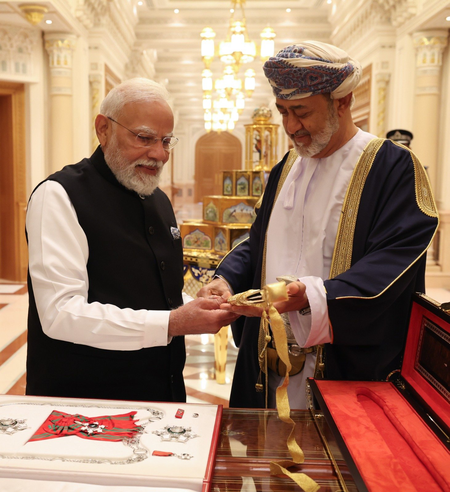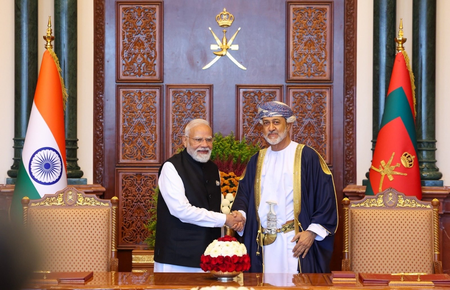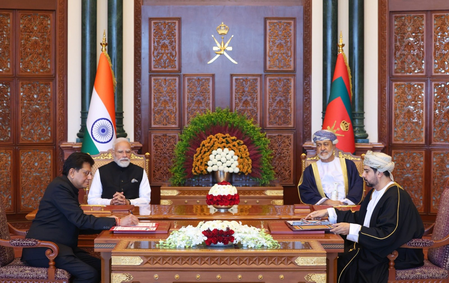
Jakarta, June 5 (IANS) In response to the surge of new Covid-19 variant cases in neighbouring countries such as Singapore, Malaysia, and Thailand, Indonesian President Prabowo Subianto summoned Minister of Health Budi Gunadi Sadikin to the State Palace in Jakarta.
The meeting discussed strategic measures to prevent the entry of the new variant into the archipelago and to strengthen the national healthcare system, Sadikin said
“There is no need for the public to worry or panic. These new variants are relatively milder, but it is important to stay vigilant,” Sadikin said after leaving the Palace.
The number of confirmed Covid-19 cases in Indonesia from January to May 2025 was 72 out of a total of 2,160 specimens tested, according to Aji Muhawarman, head of the Bureau of Communication and Public Information at the Ministry of Health.
The highest increase occurred during the first three weeks of May, mainly in the provinces of Banten, Jakarta, and East Java, with a positivity rate reaching 3.62 per cent.
Currently, specimen reporting has declined, with only seven in the fourth week of May.
“We continue to strengthen infectious disease surveillance, including Covid-19, through sentinel systems and monitoring at the country’s entry points,” Aji told Xinhua.
The ministry continues to promote health protocols and maintains telemedicine services, initiated during the Covid-19 pandemic, to ensure easier access to healthcare services.
While no travel bans have been imposed thus far, Aji advised people to postpone overseas travel if possible, or to comply with health protocols in the destination country if travel is necessary, Xinhua news agency reported.
The Ministry also issued a circular on May 23 to all provincial health offices and relevant agencies, calling for heightened vigilance and stronger preventive measures in light of the recent case surges in neighbouring countries.
Herman Deru, Governor of South Sumatra, urged the public to remain cautious about Covid-19, even though no new cases have been reported in the region so far.
Together with local health agencies, he encouraged people to maintain hygiene and adhere to health protocols.
Dicky Budiman, an epidemiologist at Griffith University, Australia, noted that new subvariants detection is occurring amid limited surveillance compared to the pandemic period, meaning the actual number of cases is likely much higher than reported.
The new NB.1.81 subvariant, which is predicted to dominate in Indonesia, has a faster transmission rate but lower severity, Dicky added, demonstrating the effectiveness of community immunity from vaccination, though vulnerable groups such as the elderly still need protection through clean and healthy living, good air quality, and adherence to health protocols.
Arzeti Bilbina, a member of the House of Representatives focused on health issues, emphasised the importance of preventive measures to curb virus transmission, including enhancing tracking systems, ensuring the availability of protective equipment for medical workers, and educating the public about health protocols.
She also stressed the need for special attention to vulnerable groups such as children and the elderly through targeted health screening programmes.
Netty Prasetiyani, another House member, also called on the government to tighten surveillance at the country’s border checkpoints, including the movement of people in and out of seaports and airports, to prevent potential virus transmission from outside the country.
“Mobility between regions and from abroad into Indonesia is one of the main routes of Covid-19 transmission that must be closely monitored,” she said.
–IANS
int/jk/




